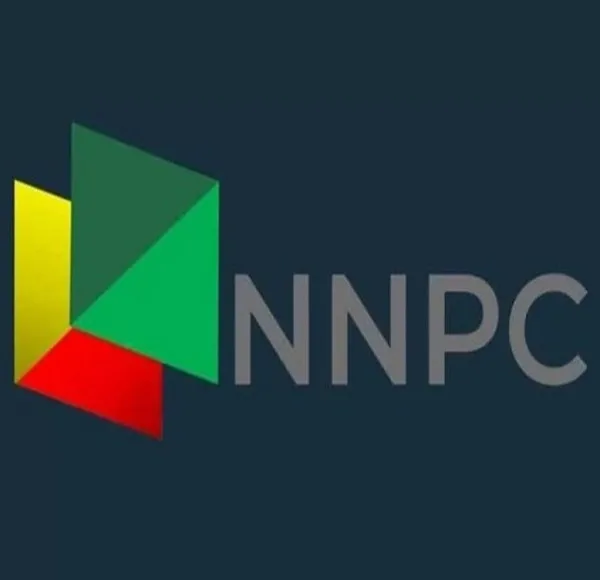The Nigerian National Petroleum Company Limited (NNPCL) is confident that Nigeria can reach a daily crude oil production level of 3 million barrels.
Mr. Olufemi Soneye, the Chief Corporate Communications Officer of NNPCL, shared this view during a Stakeholders Engagement Session with journalists covering the National Assembly on Saturday.
Join our WhatsApp Channel“Three million barrels of oil production per day is achievable in Nigeria if all stakeholders work in synergy—from government and private security agencies to oil companies and host communities,” Soneye stated during the session.
Soneye emphasised that the progress made in increasing production from 1.4 million to 1.7 million barrels per day shows that the target is within reach. The improvement, he explained, is largely due to President Bola Tinubu’s directive to security agencies to combat oil theft and pipeline vandalism, which have been major obstacles to oil production in the country.
President’s Directives Boost Oil Production
The NNPCL spokesperson acknowledged the critical role President Tinubu’s government has played in the fight against oil theft, which has long plagued the Nigerian oil industry.
The involvement of both military and private security agencies has made a significant impact, helping to curb oil theft and secure vital infrastructure.
“The fight against oil theft and pipeline vandalism is yielding positive results. Without the collective effort of the government, military, private security firms, and host communities, achieving this level of progress would have been impossible,” Soneye noted.
Oil Production Increased by 300,000 Barrels Per Day
Since the intensified efforts to protect Nigeria’s oil infrastructure, crude oil production has climbed from 1.4 million barrels to 1.7 million barrels per day.
NNPCL aims to continue building on this momentum, pushing daily output to between 2.5 and 3 million barrels. Soneye believes that, with sustained efforts, this is not only possible but imminent.
He explained, “By maintaining our current strategy and expanding the cooperation between all relevant parties, the conditions will be right for Nigeria to achieve the 3 million barrels per day target. This will not only boost the economy but also help stabilize the nation’s energy sector.”
READ ALSO: Why NNPCL Can’t Meet Crude Supply Demands To Dangote Refinery- PENGASSAN
Oil Theft and Illegal Refineries Remain Challenges
Despite the positive outlook, the NNPCL also acknowledged that challenges remain. Murtala Muhammad, Deputy Manager at the NNPC Command and Control Centre, revealed during a presentation that over 8,000 illegal refineries and 5,800 illegal oil pipeline connections had been detected and destroyed in the last six months.
Muhammad identified Bayelsa, Rivers, Imo, and Abia states as the hotspots for crude oil theft and illegal refining activities. The economic impact of this illegal activity on Nigeria has been severe, with billions of dollars lost due to oil theft.
“The fight is far from over. We have destroyed thousands of illegal refineries and disconnected illegal pipelines, but oil theft continues to pose a threat to our nation’s oil production targets,” Muhammad explained.
Stakeholders Must Work Together
During the Stakeholders Engagement Session, it became clear that all stakeholders—including the government, oil companies, private security agencies, and local communities—must continue working together to achieve the oil production goals.
Soneye stressed the importance of collaboration, saying, “It is critical that all stakeholders remain committed to this effort. If we all play our part, reaching 3 million barrels per day will not be a dream but a reality.”
Journalists Urged to Support Nation-Building
The session also featured a presentation by Professor Taiye Obateru, who spoke on the role of the media in balancing reporting with nation-building. He encouraged journalists to focus on fairness and national interest in their coverage of the oil industry and related issues.
“The media has a key role to play in supporting national development,” Professor Obateru said. “Balanced reporting that reflects the challenges and progress in the oil sector will go a long way in helping to build trust among the public and all stakeholders involved.”
Emmanuel Ochayi is a journalist. He is a graduate of the University of Lagos, School of first choice and the nations pride. Emmanuel is keen on exploring writing angles in different areas, including Business, climate change, politics, Education, and others.




















Follow Us